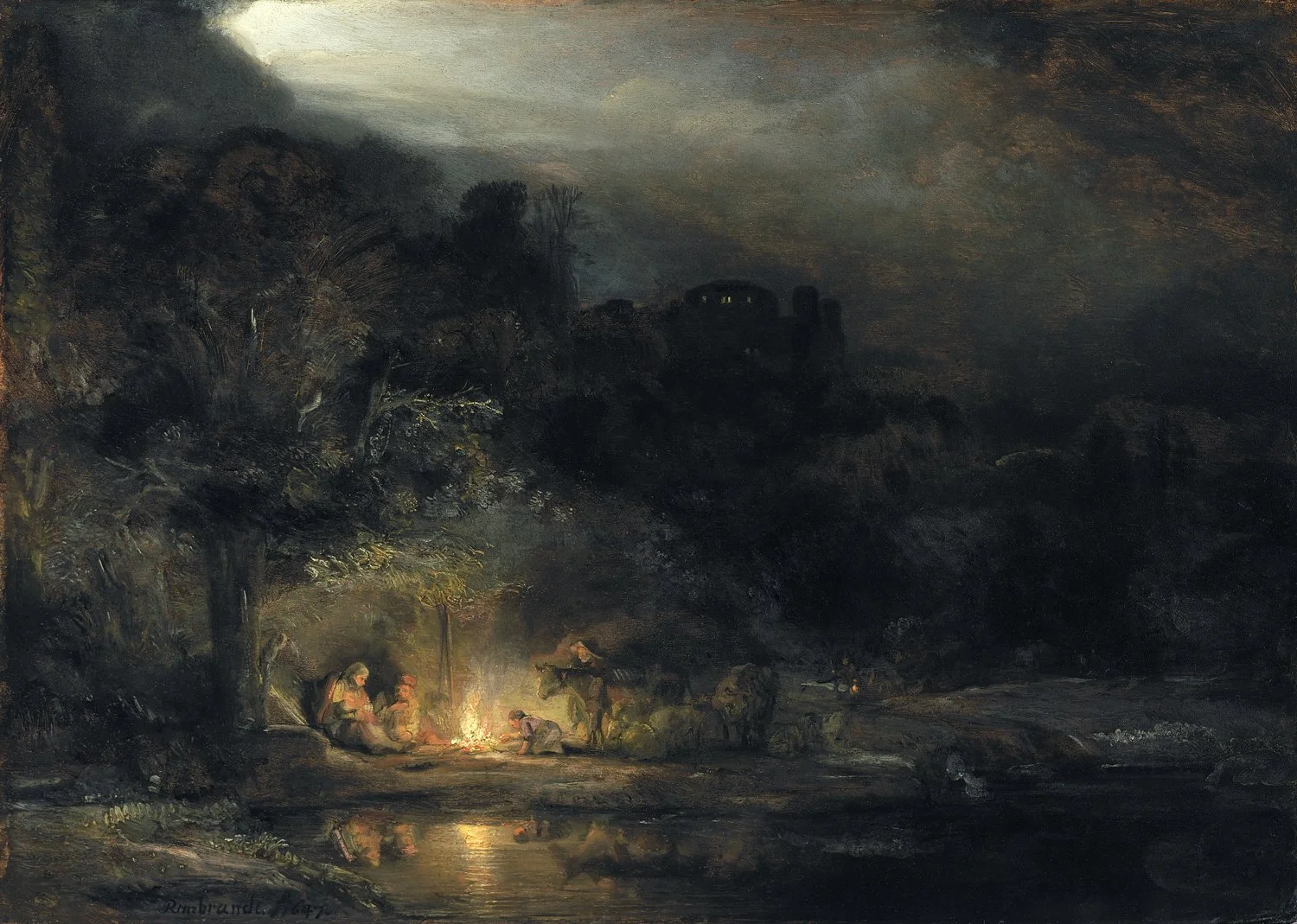The PATH: Three Paradoxes of Life
sent by J.W. Bertolotti | December 13, 2021
Welcome to The PATH — a weekly reflection with three timeless insights for daily life. This week’s insights are three paradoxes of life: change, solitude, and wisdom.
One must not think slightingly of the paradoxical…for the paradox is the source of the thinker’s passion, and the thinker without a paradox is like a lover without feeling: a paltry mediocrity. — Soren Kierkegaard
——
1. The Paradox of Solitude
There are many different interpretations and feelings around solitude. In this context, I am referring to the art of being alone with oneself. In a conversation on the On Being podcast, Stephen Batchelor, The Art of Solitude author, explained this paradox.
That is the paradox of solitude. And one of the deep paradoxes of our humanity is that we’re — in each moment — when I’m speaking to you now, for example, there’s a part of that in which I’m aware of my own inner feelings and maybe anxieties, and there’s another part of it which is only possible because I’m engaged in a conversation with another person. And you can never step out of all of that. Even the hermit, living in the middle of nowhere, is still acutely aware that he or she is a social being.
The counterintuitive nature of solitude is its ability to deepen our connection with ourselves and others. The theologian Henri Nouwen put it this way, “Solitude is vastly different from a ‘time-out’ from our busy lives. Solitude is the very ground from which community grows.”
According to Batchelor, solitude teaches us to be in our own company and not only be OK with that but recognize that this is the source. The practice of solitude helps us realize what Montaigne called: “The greatest thing in the world is to know how to belong to oneself.”
——
2. The Paradox of Change
With the new year rapidly approaching, many of us will consider making changes (e.g., goals, self-improvement, etc.). What if we pointed some of that energy towards self-acceptance?
The renowned psychologist Carl Rogers once said,
The curious paradox is that when I accept myself just as I am, then I can change.
How do we begin to accept ourselves just as we are?
In a previous weekly email, we touched on the topics of Progress, Preparation, and Becoming quoting Carl Jung, “The most terrifying thing in the world is to accept oneself completely.” One of the major reasons this is a challenge is the difficulty to see in paradox. For example, the desire for change, and accepting ourselves just as we are creates cognitive dissonance (or conflicting beliefs, values, or attitudes).
Sebene Selassie (a previous podcast guest) put it like this, we all need to realize that we are perfect the way we are, and we could use a slight improvement. Selassie writes in You Belong, “the second part of the sentence sounds like a sly insult, but it’s actually an invitation to deep self-love. It’s an opportunity to adore oneself so completely that imperfections are part of the perfection of your being.”
——
3. The Paradox of Wisdom
When we imagine a wise person, we often picture an elder that has accumulated a lifetime of knowledge. This initial assumption has merit, but there is also wisdom in not knowing.
The Chinese philosopher Lao Tzu advised, “To attain knowledge, add things every day. To attain wisdom, remove things every day.”
Last week’s reflection quoted the poet Goethe,
We know accurately only when we know little; doubt grows with knowledge.
In the new book, The Socratic Method, author Ward Farnsworth writes, According to Socrates, our most urgent problem is we are certain when we shouldn’t be and think we know what we do not.
The Socratic method does not replace our opinions with better ones. It changes our relationship to our opinions. It replaces the love of holding them with the love of testing them.
——
Thank you for reading; I hope you found something useful. If so, please consider sharing it with others.
Each week, we send a short reflection with three insights to help you live your highest good. If you are not a subscriber to The PATH you can sign up here to receive it right to your inbox.
Image credit: Rest on the Way to Egypt by Rembrandt (1647)






